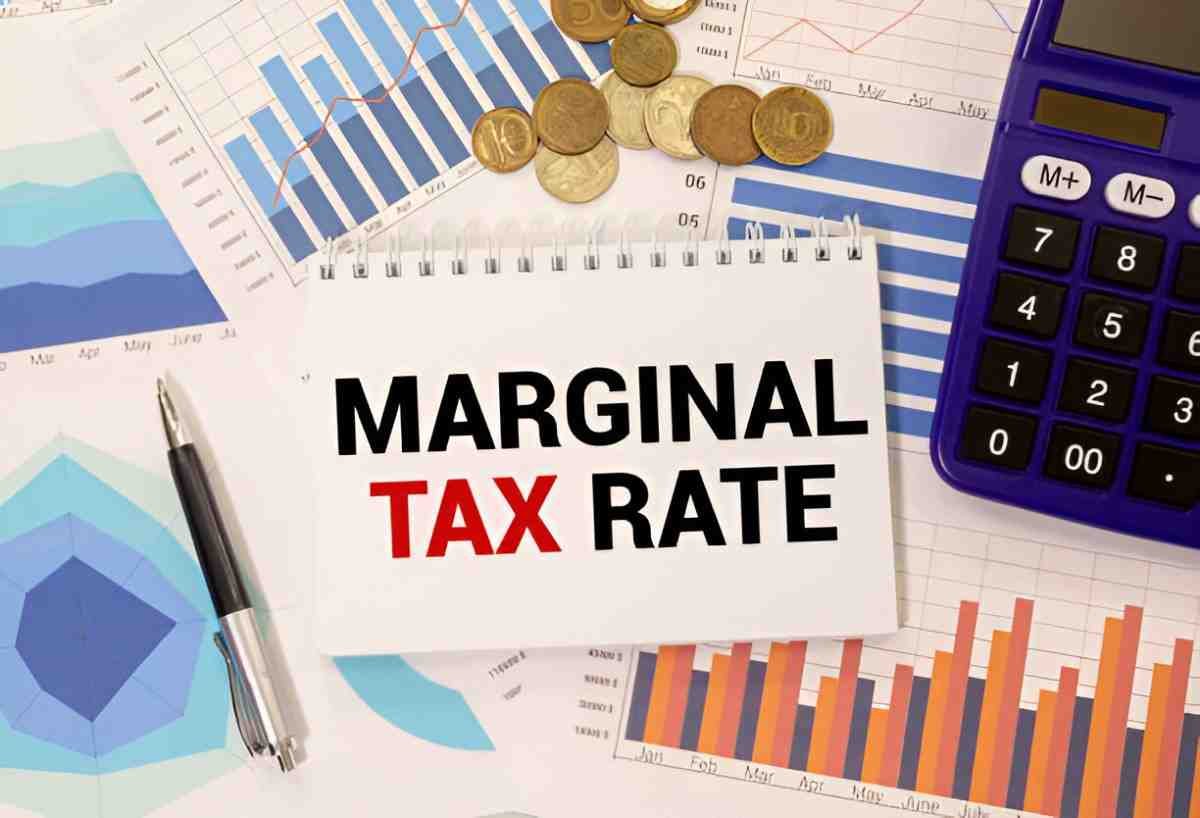A Comprehensive Guide to Alabama Car Sales Tax: What You Need to Know
When it comes to buying a car in Alabama, there’s more to consider than just the price of the vehicle. One of the significant factors that will affect the total cost is sales tax. Understanding Alabama’s car sales tax structure can help you plan your purchase better, whether you’re buying a new or used vehicle. […]
A Comprehensive Guide to Alabama Car Sales Tax: What You Need to Know Read More »










